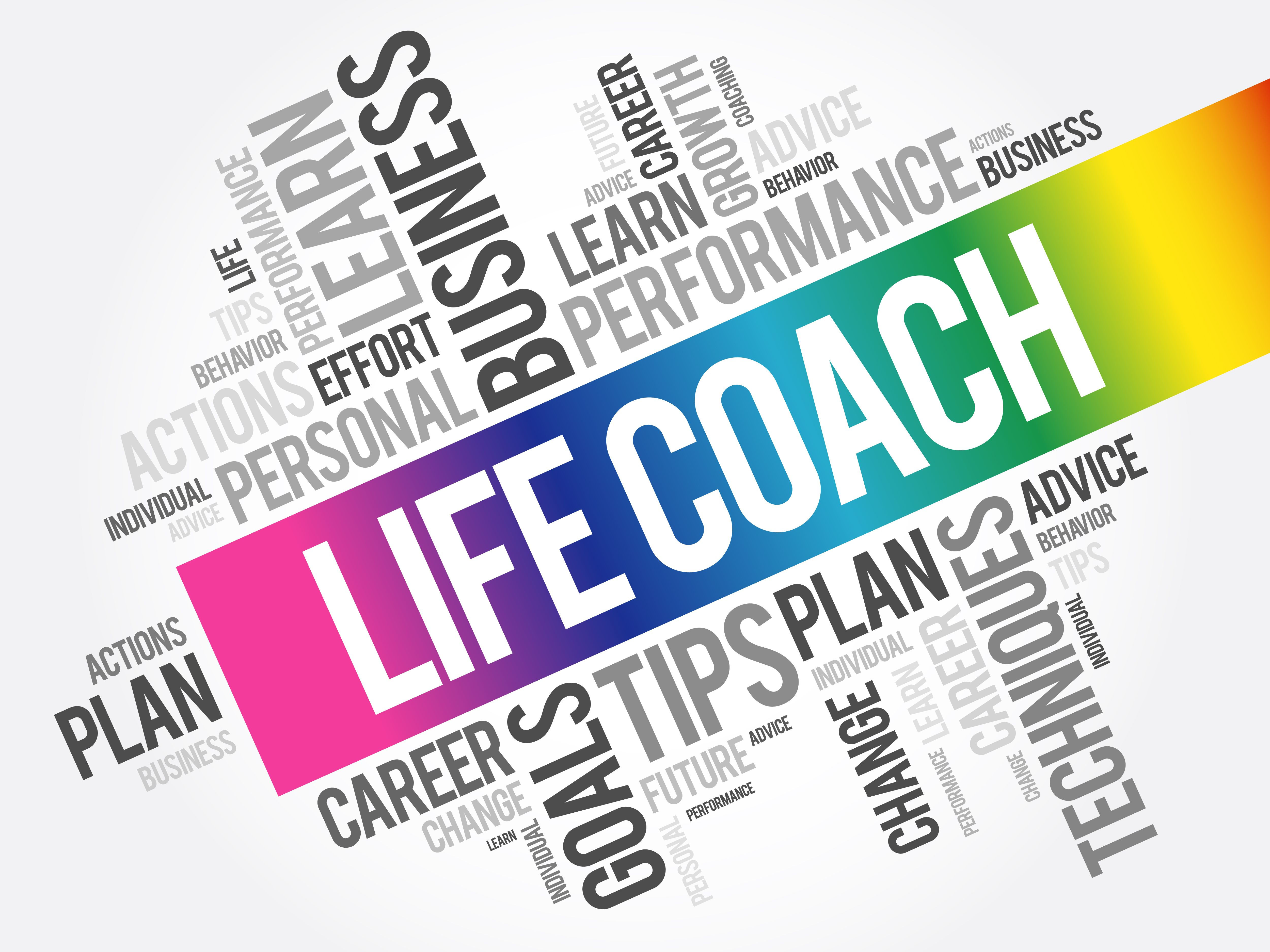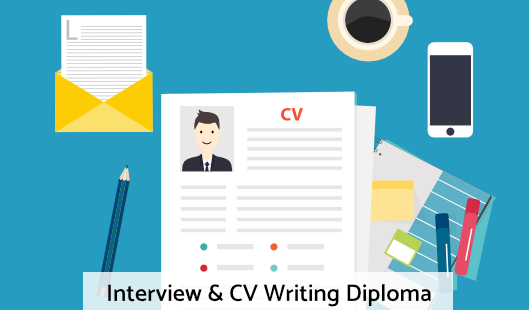Learning Blog
5 ways to help you study better
he instant thought about tools to help you study better is to download an app from the internet to your smart phone or tablet. The best advice, however, is to avoid the majority of those tools, whose prime purpose is to advertise other products (or charge you for their services), and whose authors will often have little or nil academic credentials.
What you need to do is to focus upon those activities which will help you assimilate, process and store the information that you are taking in, from whichever ‘channel’, teacher/lecturer or the internet. So then at the point of delivery, whether it is an exam, an interview, or a presentation, the information you present comes out with confidence and credibility.
The piece is targeted to those studying for exams, but the five key tools apply just as much in the workplace, whether it be business or even politics.
Given that the majority of us will be using tablets, etc. to support our study and gather the information we wish to learn, at the end of this piece there are 5 links to websites/apps that may assist you with your study. But, remember, the majority of the tools you really need, you already have in your head. Here are the top five:
Manage your time
If you are in a structured learning environment, such as a school, college or university, then the organisation you are learning within tries to help you manage your time by providing a timetable. This includes lectures, assessments, defined study time, and examinations.
If you are learning outside a structured environment, then that discipline of time is your own. But don’t ignore the model that demonstrably works in thousands of schools, colleges and Universities. Set protected times for study and learning; establish learning objectives for what is to be assimilated in that time, and also give time to process, check and store what you have learned.
Rewrite your notes within a few hours
A key part of assimilation, processing and the storing of information is to repeat the procedure. Rewriting also gives you the chance to ‘replay’ the lecture or other learning experience. To reflect upon, and then potentially enhance, the information you have been given. When you read textbooks try to use the SQ3R method. This is referred to as Survey, Question, Read, Recite and Review. This should reinforce the information you have taken in.
Avoid distractions
There is a lot of research-based evidence that listening to classical music (particularly Mozart) is helpful to learning. Having the television on, having the alerts go off on a tablet, and most importantly responding to texts or emails on the smart phone, definitely are not. Switch off all devices you do not need during your study.
If you are researching via the internet, shut down email and social media on the device. If something is really important, someone will leave you a message you can pick up after your protected study time. In addition, try to avoid doing your study in the environment where the distractions are. Living rooms and games rooms are not great study areas. Think about it - why do learning organisations provide separate quiet study rooms?
Don’t try to do too much, too quickly
‘Cramming’ is never good. It induces stress, can make you lose focus and make it more likely you will get distracted. All successful people, including those in business or even politics, have dedicated set briefings, and before speaking rehearsals. Plan and protect both your study time, and your revision time. This will enable you to pace yourself and should give you confidence in your knowledge as you go into that examination.
Finally the best tool you have is rest and sleep
The human brain needs time to assimilate, process and store the information it has gained during the day. ‘Cramming on Red Bull’ may give a small help to those exam results. But what really delivers is information that you can provide on demand because you both know, and understand it. A colleague was once told “You’re not clever, you just work hard.” He was right. Do not spend more than 90 minutes on a single bit of study, and have at least a 20-minute break after each protected period. Some research has indicated 25 minutes should be the maximum with a minimum 5-minute break. Ideally, that break would be doing something you find relaxing. In the run up to an exam, do not just aim for a good night’s sleep the night before, plan for several, to ensure you are well rested. And that is it. You are the best tool. Study can be hard. It will require effort to assimilate, process and store the information you need for that exam or future career.
Learn with confidence...

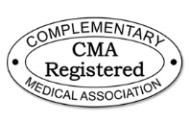

 RRP
$100
RRP
$100
Get a FREE Course
Tick this box to Sign up for our newsletter, and get access to the Interview Skills and CV Writing Certificate course for free! By signing up, you agree to our Privacy Notice & Cookie Policy and to receive marketing and related emails from academy+ brands. You can unsubscribe at any time.What our students say about us...

Very interesting and helpful course. I ve learned a lot of interesting things about make up and the tutorials were very helpful and easy to understand. I really reccomend this course for everyone who is passionate about make up and wish to develop their skills and make a career from their hobby.
Nicoleta Lucaci
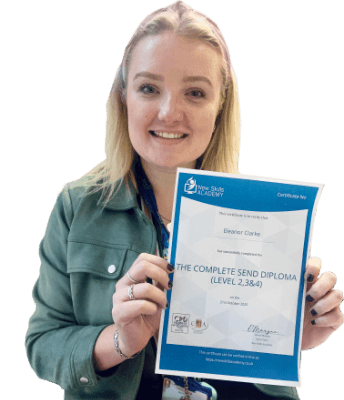
It was an eye opening course that was flexible and easy to access. I was able to complete it from the comfort of my own home whilst also having the tasks to complete which enabled me to check my knowledge. I know feel much more confident in my field of work and really enjoyed doing it.
Ellie Clarke

Excellent course, well explained and easy to understand. The course can be done at my own pace and is available on various devices. The layout of the course was excellent and the notes options is very good. The content is perfect and well structured, making it easy to understand and follow. I will definitely be taking more courses in the future.
Luis Costa

This course is a great way to brush up on my rusty excel skills, I recommend this course to anyone looking for something to do during lockdown, it's easy to use and talks you through each stage step by step. It has given me the confidence I need to further my career.
Georgia Darke
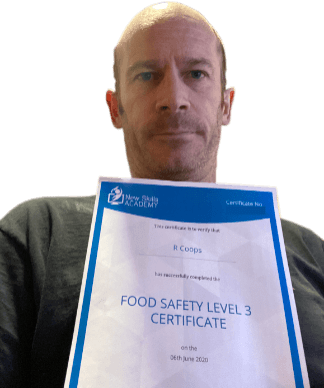
Yet another well laid out course. This is my 3rd course so far with New Skills Academy.
More than likely will be back for another one soon. This course was enjoyable to do, and I learnt a lot and passed first try. My certificate will be up on the wall soon.
Rob Coops

I found this course incredibly useful, as it provided me with practical knowledge which I can implement in my role as a Support Worker. The videos were clear and concise, and the downloadable worksheets reinforced what I had learned as I was able to put pen to paper. Overall, a fantastic course for a great price! I am looking forward to taking on my next one.
Teleisha Harley
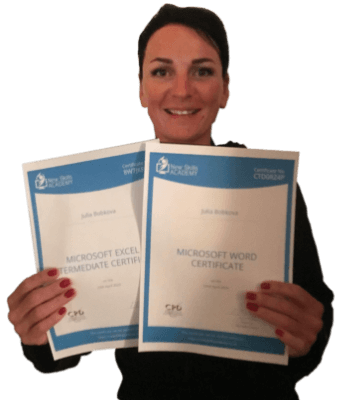
This is a great course for any level of knowledge. Very easy to navigate, great practical tasks and explanations are very clear. You can revise any module with no problem. The test wasn’t too hard if you completed every module. It may be handy to make some notes before you start. Overall I'm very happy with my choice. Thank you New skills for my New skills :)
Julia Bobkova

Omg im so excited, over joyed and all the good stuff that comes to mind! Wonderful experience doing lessons with New Skills Academy. I look foward to doing more courses with them. I hope this will encourage others to come on board and refresh your minds or to learn something new, it's a win win situation. I want to thank New Skills Academy so much for making this as simple as possible for me.
Shari Anderson
